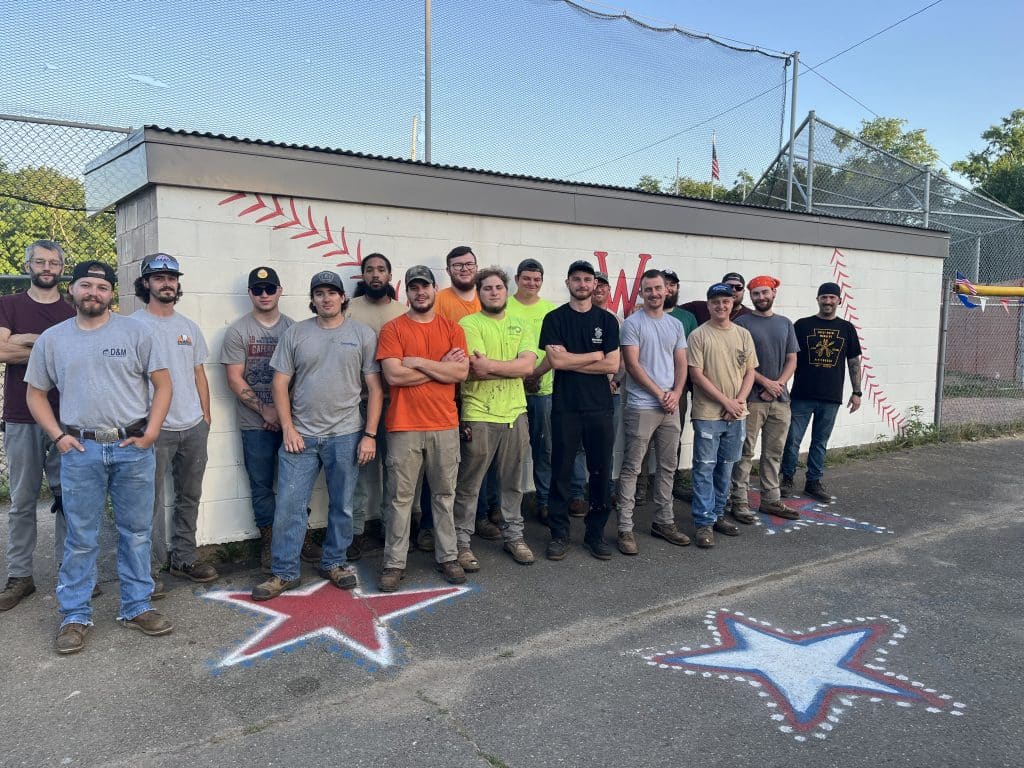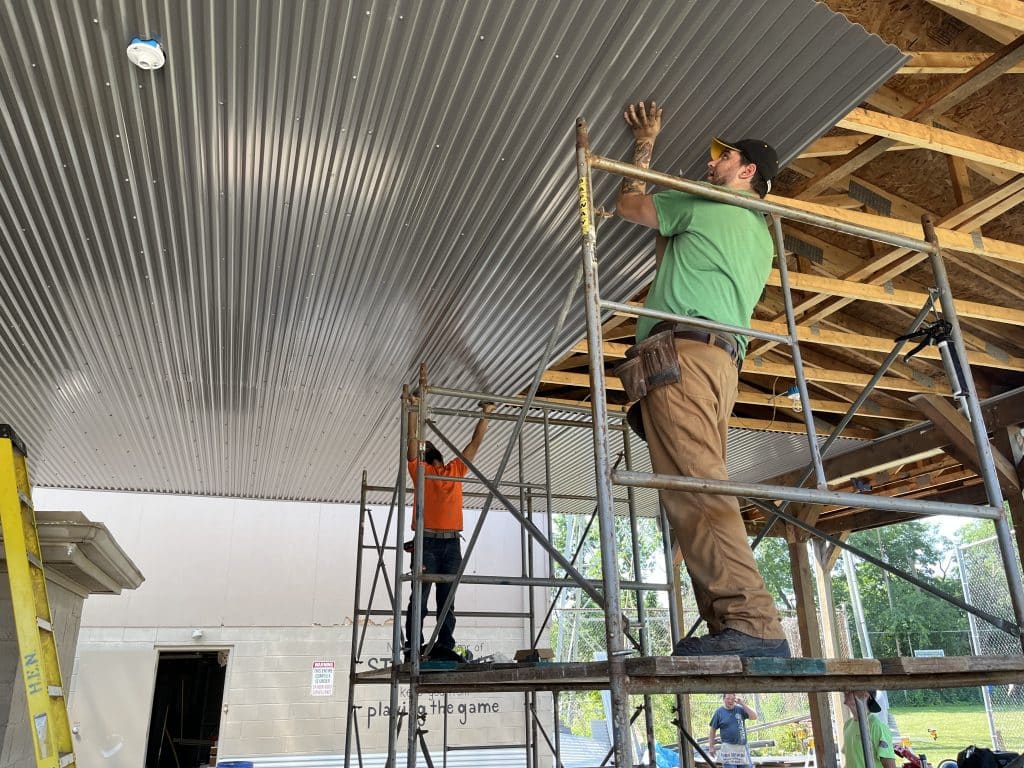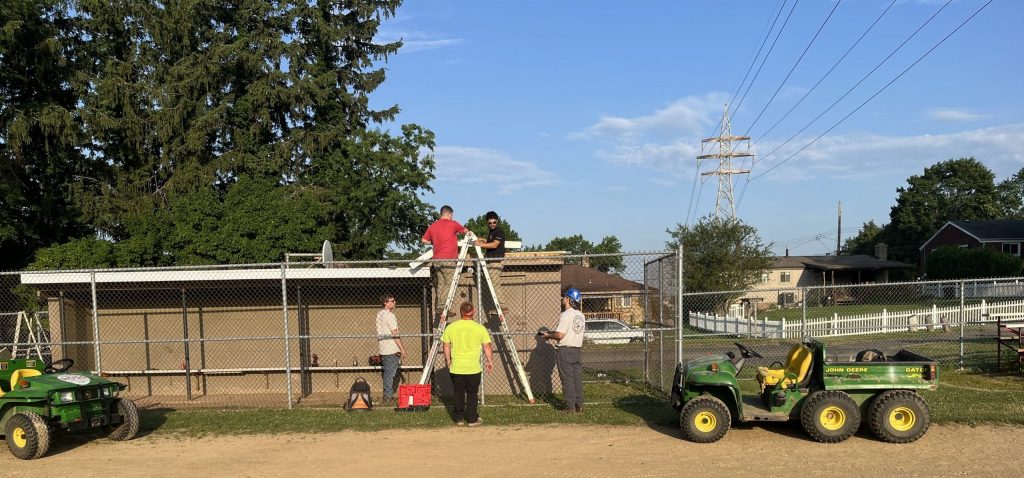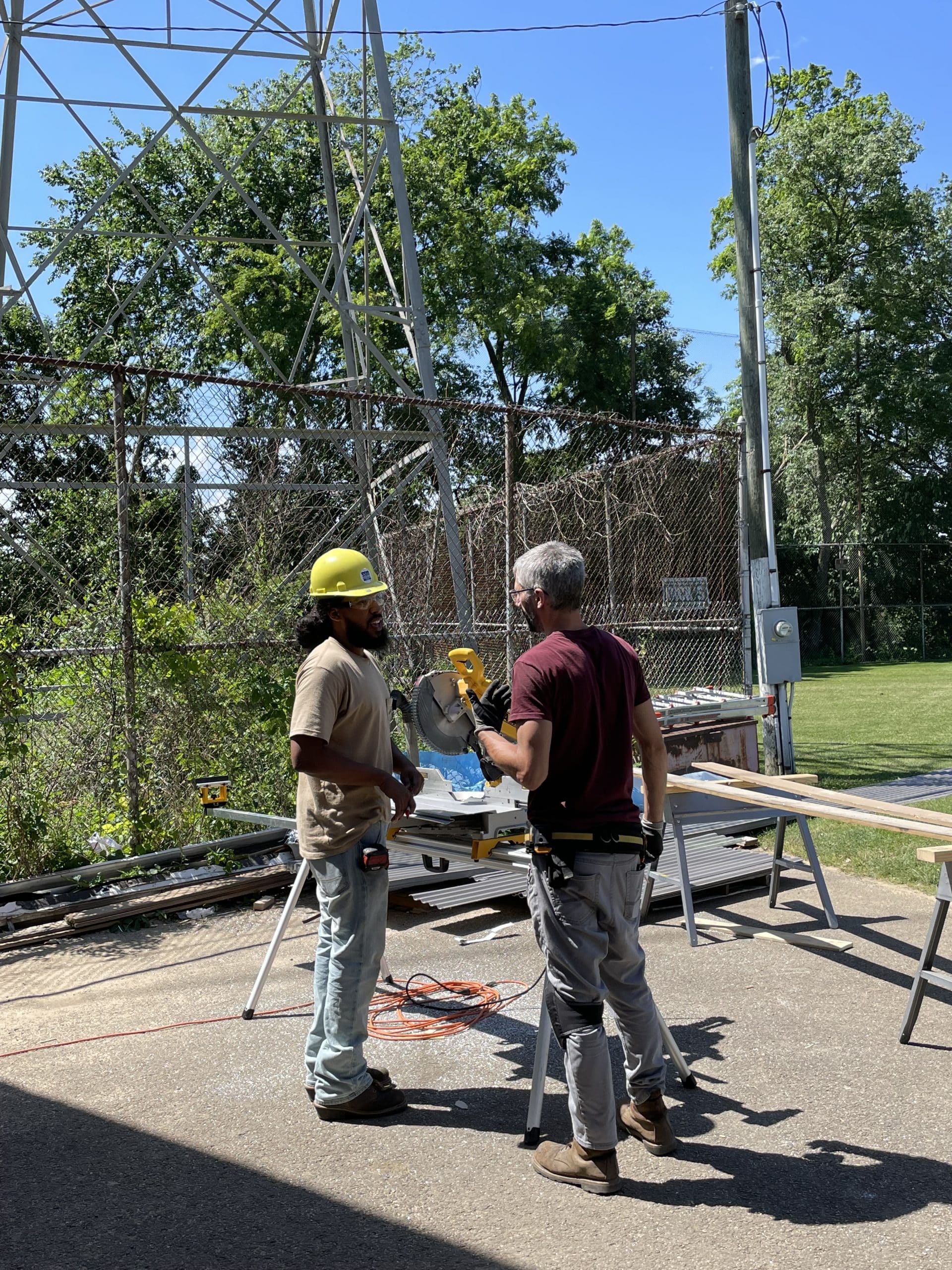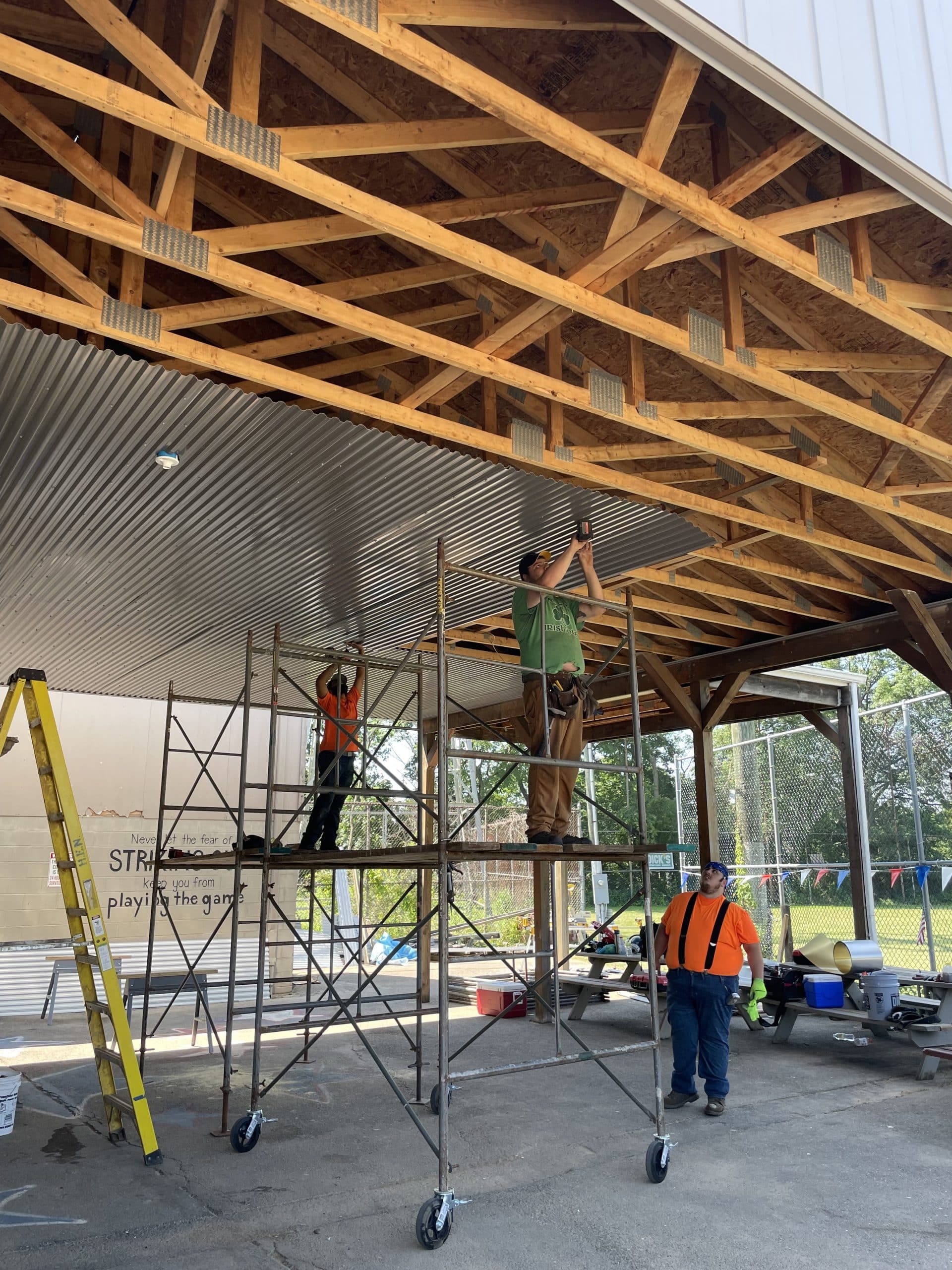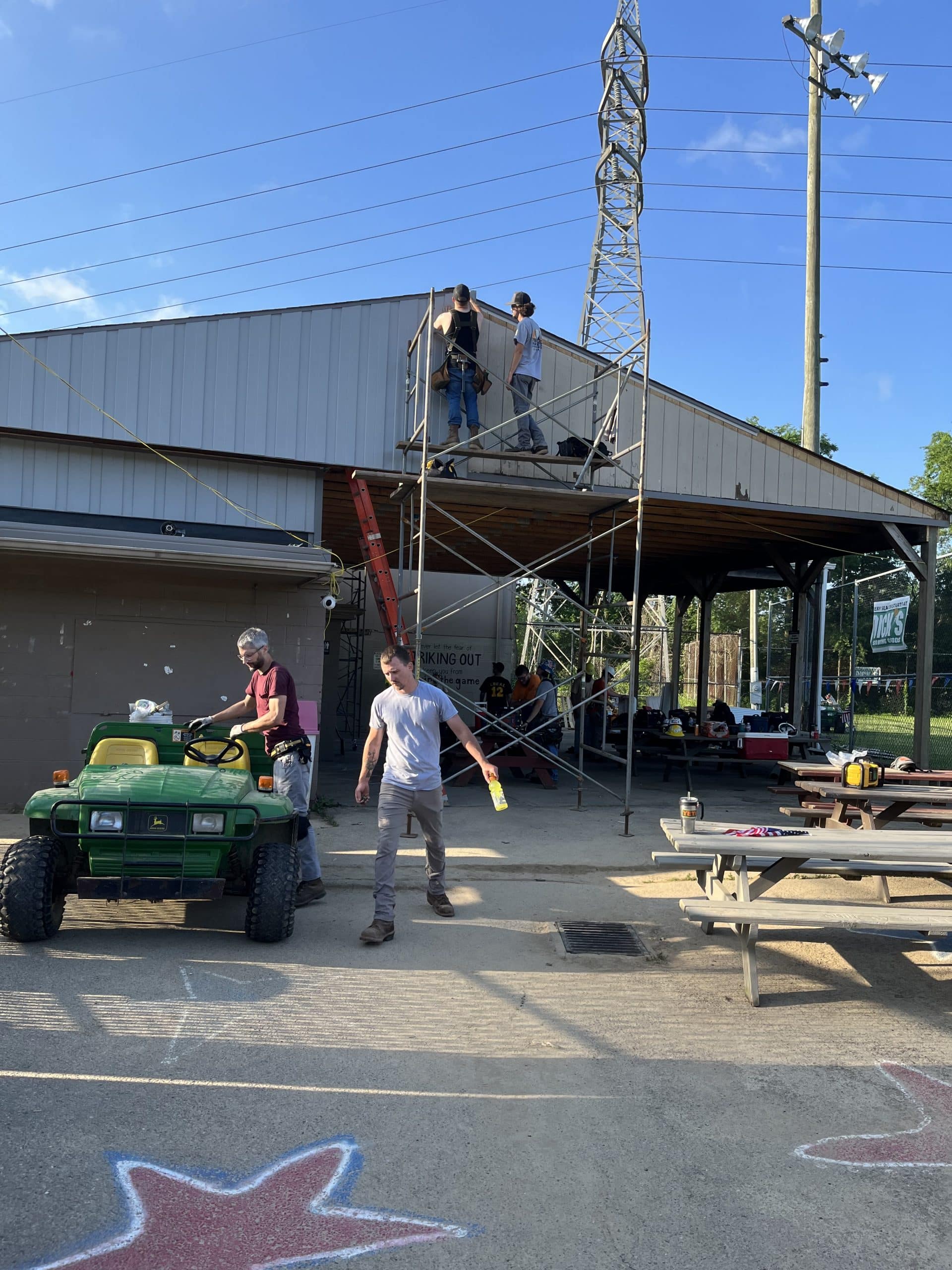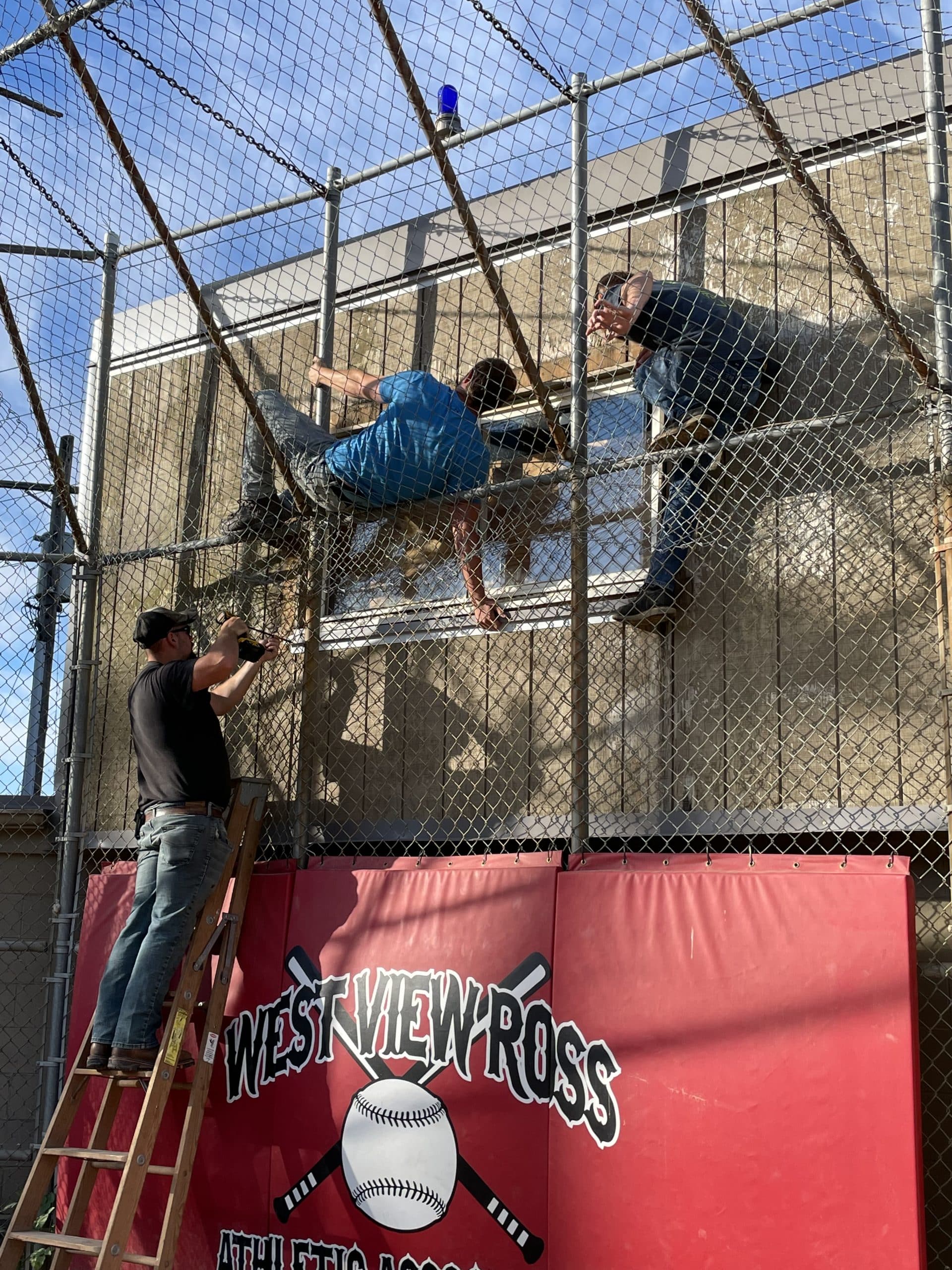SMART published the first episode of SMART News – a new video/web show focused on issues of importance to SMART members and working families across North America – on September 27, 2022, responding to feedback from SMART workers on the information from their union that they find relevant.
“SMART News will focus on issues that matter to you, your job and your family,” said Paul Pimentel of SMART Communications during the first episode. “This is your news, your union, delivering information that matters to you.”
SMART News is intended to fill an information void for SMART members and other workers in North America by specifically addressing events and developments that impact their lives and their communities – in other words, news that often goes uncovered. The first episode features an update from SMART Transportation Division President Jeremy Ferguson on freight rail contract negotiations; information on new megaprojects and indoor air quality work for sheet metal workers; a discussion on progress made for SMART members with General President Joseph Sellers; an overview on the FRA’s proposed two-person crew regulation from TD Alt. National Legislative Director Jared Cassity; and much more.
Watch the full episode above, or find specific links to segments of the show below. To watch an extended interview with TD President Ferguson, text RRContract to 667336.
Jump to a segment in this episode:
- Freight rail contract update from SMART-TD President Jeremy Ferguson
- The latest on the FRA’s proposed rulemaking on two-person crews
- New megaprojects are bringing thousands of new sheet metal jobs to North America
- Local 66 helps lead the way on indoor air quality and schools in Wash. state
- SMART Army Canada raises money for cancer research with Terry Fox Run
- What is Be4All?
- A conversation with SMART General President Sellers about recent wins for members
